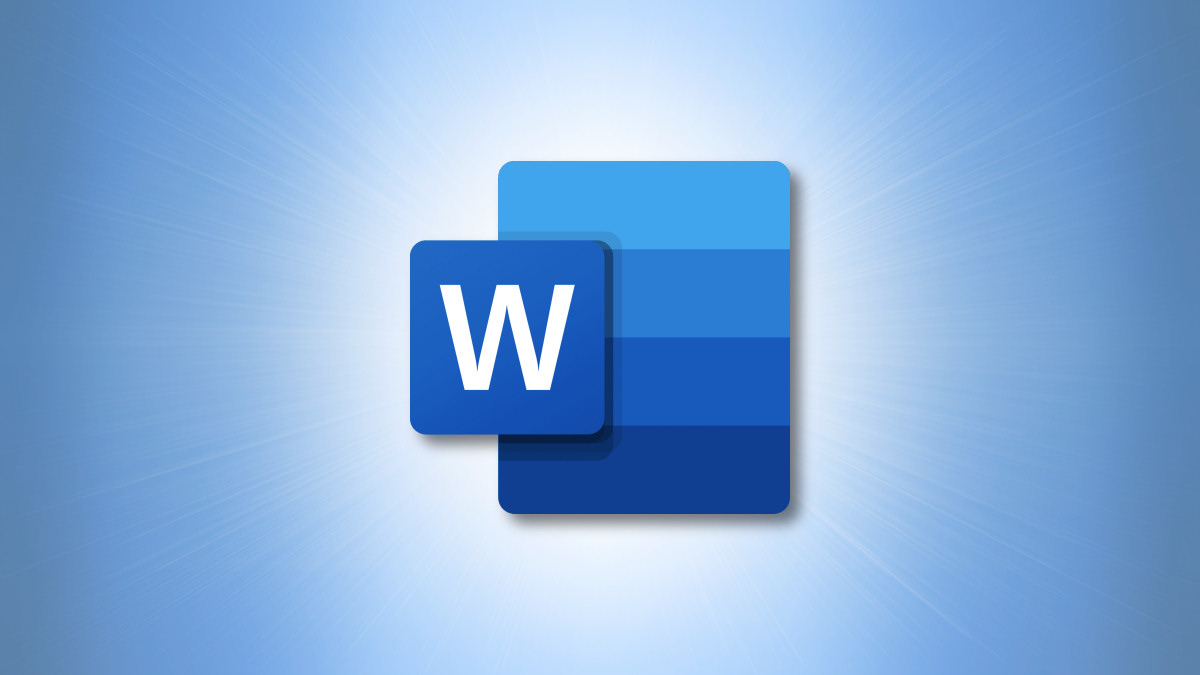#The Ruling Is In, and Now It Gets Complicated – Review Geek

“#The Ruling Is In, and Now It Gets Complicated – Review Geek”

After a year of litigation, Judge Gonzalez Rogers has issued a permanent injunction in the Epic vs. Apple case, forcing Apple to allow outgoing purchase links in iOS apps by December 9th. It seems like a win for app developers, but Epic CEO Tim Sweeney considers the trial a failure and will most likely appeal the decision, according to NPR tech reporter Bobby Allyn.
The story leading up to this injunction is a big mess, so let’s do a quick recap. Under Apple’s current policy, all in-app iOS purchases must go through the App Store. It’s a shifty way for Apple to control the iOS experience, but more importantly, it allows Apple to take a 30% cut of all in-app sales on iPhone or iPad.
Most developers agree that this 30% fee is unreasonable, and in August of 2020, Epic Games decided to do something about it. The company stuck an outgoing payment system in its iOS Fortnite app and offered a 20% discount on all in-game currency purchased through this system. Unsurprisingly, Apple responded by removing Fortnite from the App Store, giving Epic Games the perfect excuse to open an antitrust lawsuit.
Since the suit opened, Apple has made a conscious effort to encourage competition inside and outside of its product ecosystem. It announced a steep reduction in App Store fees, for instance, and delayed its AirTags launch to bring 3rd party products into its Find My network. (Microsoft and other tech giants have taken on a similar “open and secure” tone over the last year, a sign that they’re worried about falling in Epic Games’ crosshairs.)
Epic spokeswoman confirms it is appealing the decision; Apple is “considering all legal options” in response. Nobody’s happy!
— Bobby Allyn (@BobbyAllyn) September 10, 2021
So while Epic succeeded in relaxing the App Store’s grip on in-app purchases, it failed to convince the U.S. District Court that Apple is running a monopoly. Apple celebrated this fact in an email to The Verge—“the Court has affirmed what we’ve known all along: the App Store is not in violation of antitrust law.”
Epic also feels that it failed to make a serious change to Apple’s App Store. While Apple must allow external links in iOS apps, it still won’t allow developers to stick custom payment systems within their apps. Tim Sweeney made his disappointment clear in a Twitter post stating that “Fortnite won’t return to iOS until “Epic can offer in-app payment in fair competition with Apple.”
To add insult to injury, the court ruled that Epic Games must provide a $3.5 million settlement to Apple. This settlement is a 30% cut of the over $12 million that Epic earned by redirecting Fortnite players to an external payment system in 2020. (A drop in the bucket for Epic Games, and frankly, a small price to pay for the App Stores changes that may unfurl over the coming months.)
If early reports (and common sense) are correct, then Epic Games will appeal the U.S. District Court’s ruling. This could lead to further App Store changes if Epic Games can make a compelling antitrust case against Apple.
Source: U.S. District Court, Northern District of California via The Verge
If you liked the article, do not forget to share it with your friends. Follow us on Google News too, click on the star and choose us from your favorites.
For forums sites go to Forum.BuradaBiliyorum.Com
If you want to read more like this article, you can visit our Technology category.




